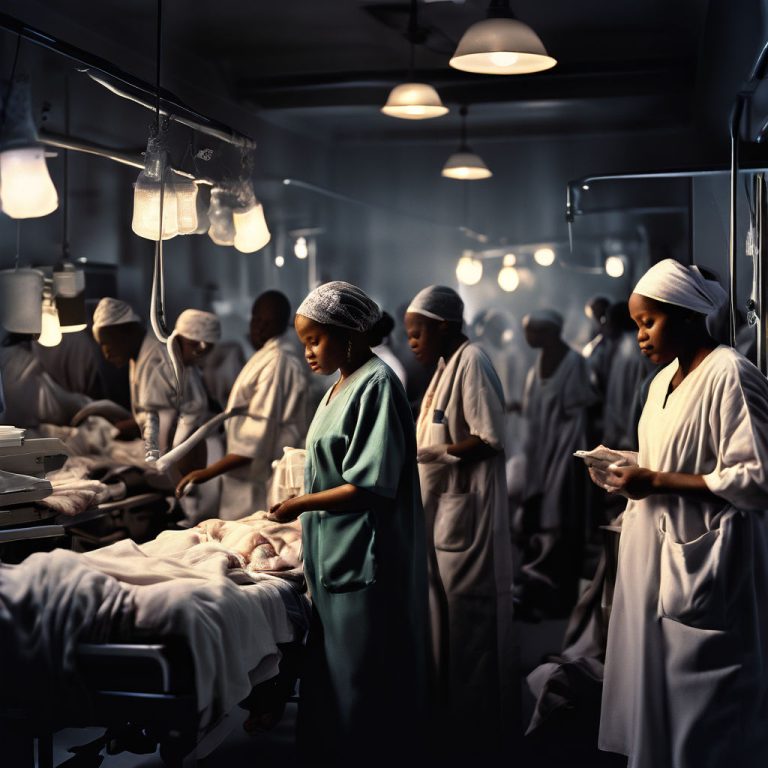An American researcher and family doctor from Ekland, Pennsylvania, Dr. Matthew Heckman, has urged African leaders to invest more in technology to improve healthcare across the continent.
Dr. Heckman explained that many people in Africa still struggle to get proper healthcare. He said some basic things that are easily available in the U.S. and Europe are still missing in many African countries, and he hopes this issue will be addressed soon.
He made these comments on Friday while speaking with reporters after giving a public lecture titled *”Epistemic Balance: A Perspective from Circadian Biology and Modern Medicine.” The lecture was held at Chrisland University in Abeokuta.
Dr. Heckman also spoke about the need for more research in cancer treatment. He believes that better results and improved care can be achieved through continued study.
He encouraged African leaders to use technology and support research to improve healthcare quality.
According to him, “Many African leaders are trying, but they need to do more. They should make technology and treatments more available and allow more people to work together in research.”He added, “We still don’t fully understand cancer.
The current treatments are not the best. We need more research to develop better options, and maybe time itself could play a role in making a difference.
“He also said that progress in research takes time. “It took 300 years to reach where we are now. I hope it won’t take another 300 years to truly improve people’s lives. We don’t know the future, but we’re trying to help,” he said.
Talking about the Circadian clock, Dr. Heckman encouraged people to live healthy lives. He described the Circadian clock as the body’s natural 24-hour cycle that controls many functions inside us.
He said, “Living healthy helps train your body’s clock—things like getting enough sleep, going to bed on time, waking up early, and eating well. These habits help your body stay in balance and make you feel better.”
He added, “Doctors and researchers can help improve health using this knowledge, but individuals also have the power to take care of their health by following good habits.”
During the event, the Vice Chancellor of Chrisland University, Prof. Oyedunni Arulogun, said the lecture was timely and deeply meaningful. She said it brought together science, medicine, belief, and philosophy in an important way.
Prof. Arulogun explained that the idea of “epistemic balance” means knowledge should not come from just one perspective. She said circadian biology (how our body’s clock works) and modern medicine must work together to improve health.
She also said that at Chrisland University, the goal is not only to teach facts but to encourage students to think deeply.
“We want students to ask important questions like: What do we know? How do we know it? And how can different types of knowledge help improve health and life?” she concluded.


